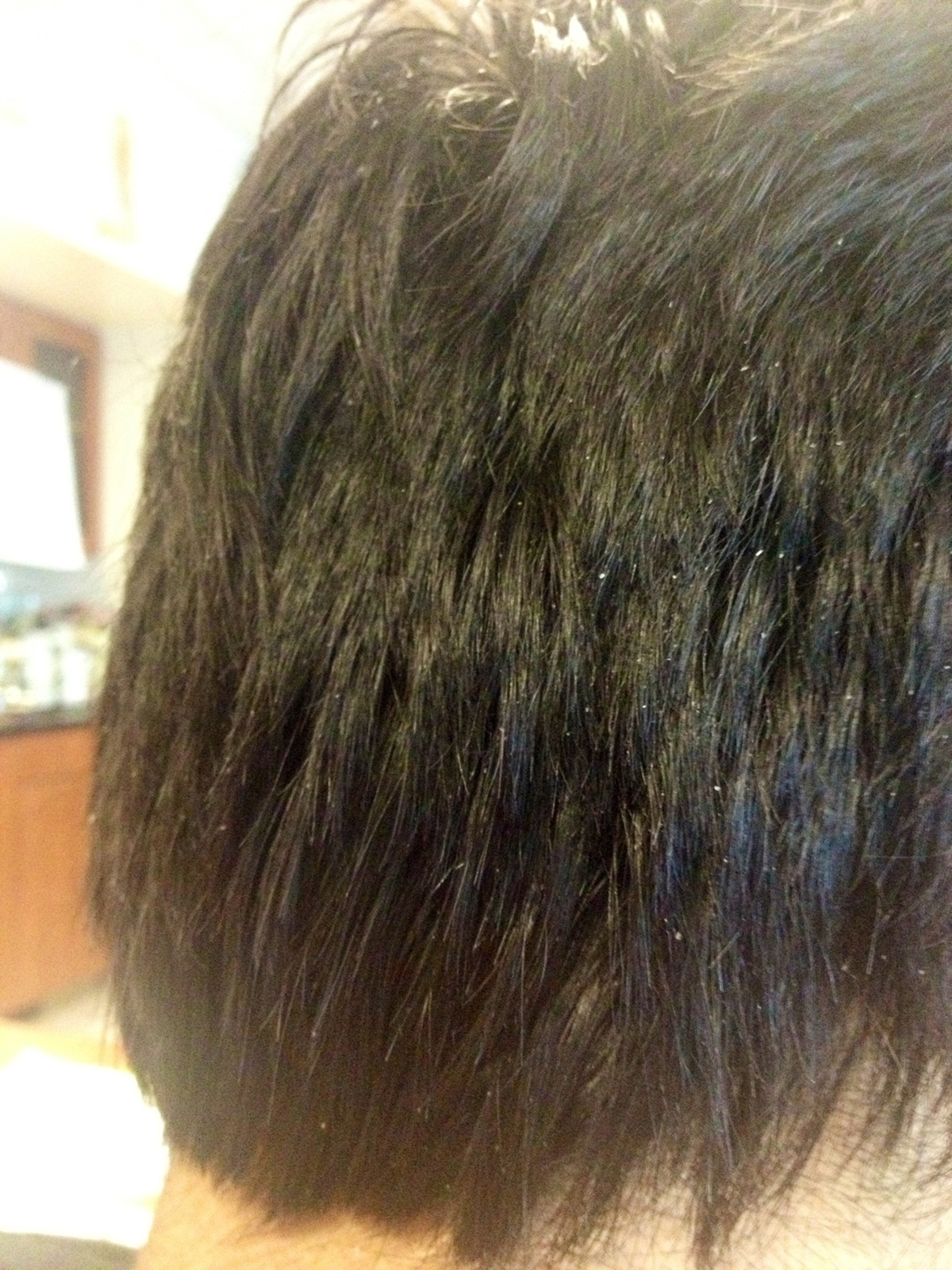
Dandruff is a scalp condition that is defined by an itching and flaking of the scalp\'s skin. It’s not contagious or serious, but is most commonly embarrassing and at times requires a difficult treatment process. It can be controlled by using ordinary or medicated shampoos on a daily basis.
The usual symptoms are white flakes of dead skin over the hair and shoulders, as well as an itchy scalp. Cap is a type of dandruff that affects babies. It isn’t dangerous and usually clears up all by itself by the time a baby turns reaches one year of age. Seborrheic dermatitis may be a reason to go see a doctor or a dermatologist. In most other cases, however, dandruff does not call for a doctor’s care.
Dry skin is the most common cause of dandruff. Seborrheic dermatitis is another frequent cause of dandruff, characterized by red skin covered in flakes. It doesn’t necessarily affect the scalp only, but also other areas that are rich in oil glands. Irregular hair washing can also cause dandruff from oils and skin cells from the scalp building up. Psoriasis is an accumulation of dead skin cells that form thick scales. Eczema can also develop and cause dandruff. Sometimes sensitivity to certain hair products can cause an irritated scalp as well.
Malassezia, a type of fungus, may grow out of control while feeding on the oils from the hair follicles. This can irritate the scalp and cause dandruff as well.
Dandruff begins at a younger age and sometimes can be a lifelong problem. It is also more common among men. Having very oily skin and hair makes it much easier for dandruff to develop. If one lacks zinc, Vitamin B and certain types of fats in their diets, it is more likely that dandruff will appear. Adults with neurological diseases, stressful conditions and compromised immune systems are prone to dandruff also.
There are different types of dandruff shampoos and each person must experiment until the one that works is found. They mostly fit in one of the five categories, each defined by the medication they contain: zinc pyrithione, tar-based, salicylic acid, selenium sulfide or ketoconazole shampoos. The shampoo should be used on a daily basis and then later, the person should cut back to just two to three times a week. Sometimes a combination of two different shampoos might be just the thing to treat dandruff. Severe cases of dandruff may require a prescription-strength shampoo or a steroid lotion treatment.
Stress management can be very helpful in reducing and preventing dandruff. Daily shampooing of an oily scalp is also a must. Cutting back on various hair styling products such as sprays, gels and waxes can also be helpful, since they all make the hair and scalp oilier. A diet which has sufficient amounts of zinc, Vitamin B and certain fat types also helps in preventing dandruff. Sunlight is also good for the scalp, but in restricted amounts.
An alternative method consists of shampooing one\'s hair with tea tree oil.



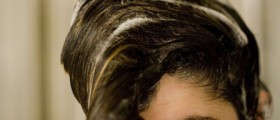


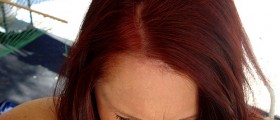






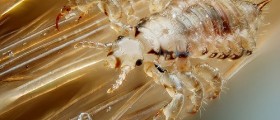
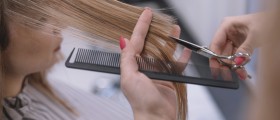


Your thoughts on this
Loading...